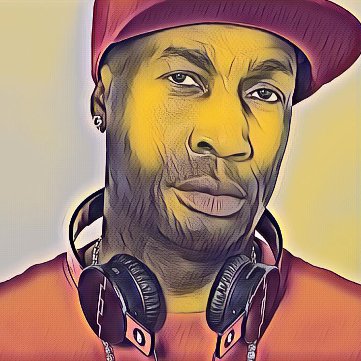The Rap Impact on Music Today
Rap music originated in the African American communities of the Bronx, New York in the 1970s. DJ Kool Herc is credited as the pioneer of the genre, organizing block parties and mixing funk and soul records, while MCs (masters of ceremonies) would speak rhythmically over the beats. This gave birth to the four fundamental elements of hip hop culture: MCing, DJing, graffiti art, and breakdancing.



Rap music continued to evolve in the following years, with iconic artists such as Grandmaster Flash, Run-DMC, and Public Enemy paving the way for the genre’s mainstream success in the 1990s. The fusion of rap with other genres such as R&B, funk, jazz, and rock has resulted in countless subgenres, such as gangsta rap, conscious rap, horrorcore, and trap.
Rap music has had a profound impact on the music industry, breaking down barriers and bringing issues such as racism, poverty, and social injustice to the forefront. It has also influenced fashion, language, and cultural trends, with many artists becoming icons and trendsetters. Rap’s use of sampling and remixing has resulted in the creation of new sounds and experimentation within music production.
Today, rap is one of the most popular genres of music worldwide, with artists such as Kendrick Lamar, Drake, Eminem, and Cardi B dominating the charts. It has become a global phenomenon, inspiring artists from all over the world to incorporate elements of rap into their own music. Rap music has impacted the music industry in numerous ways, and its influence on contemporary music is undeniable.
